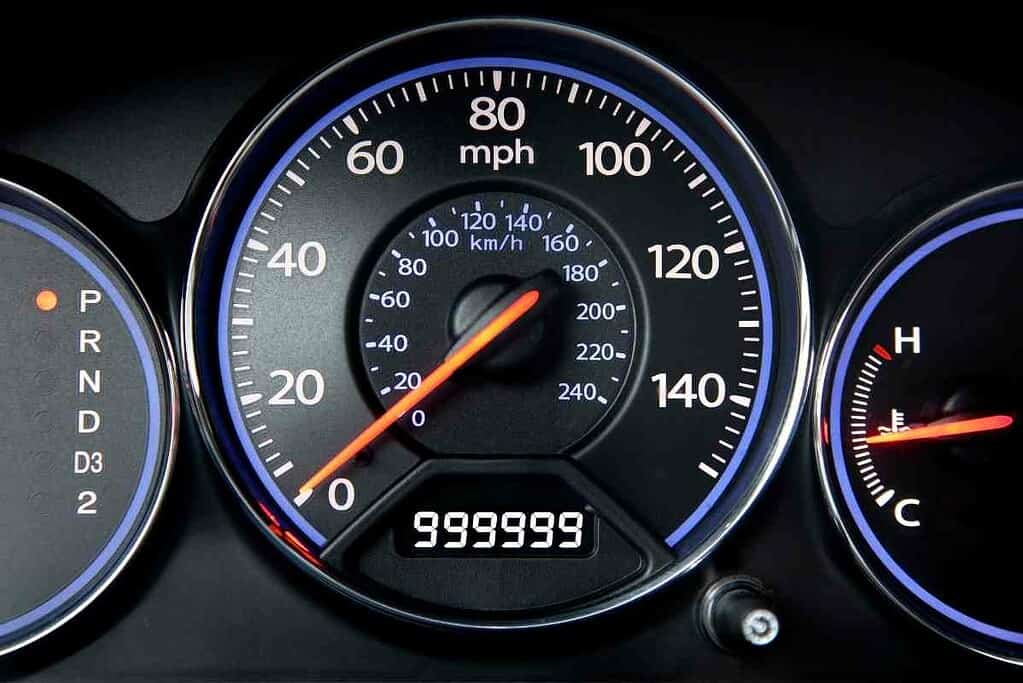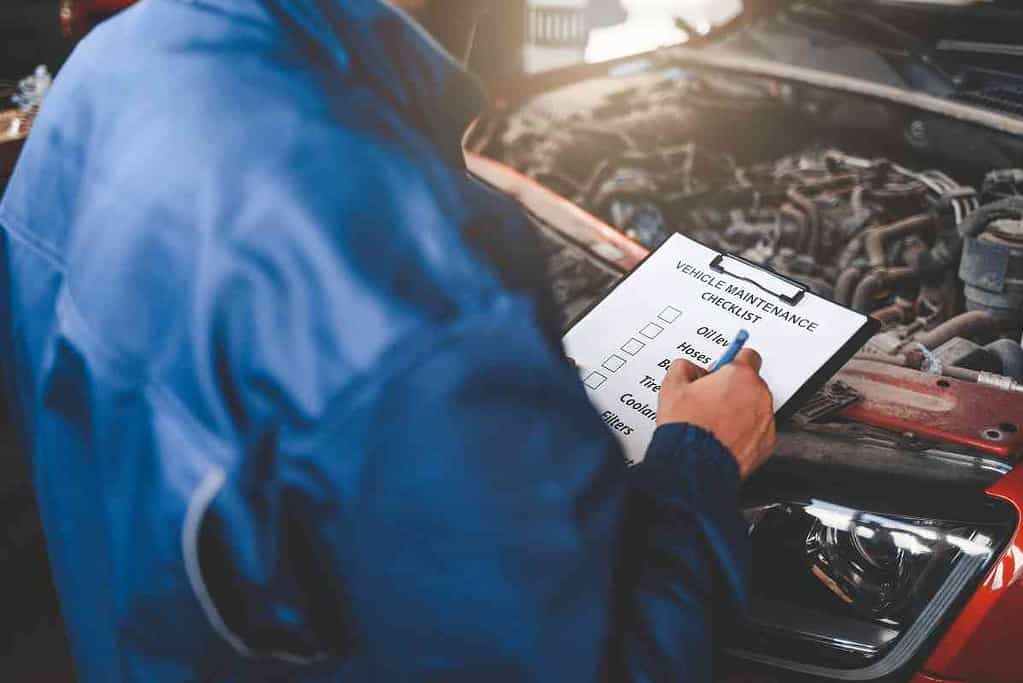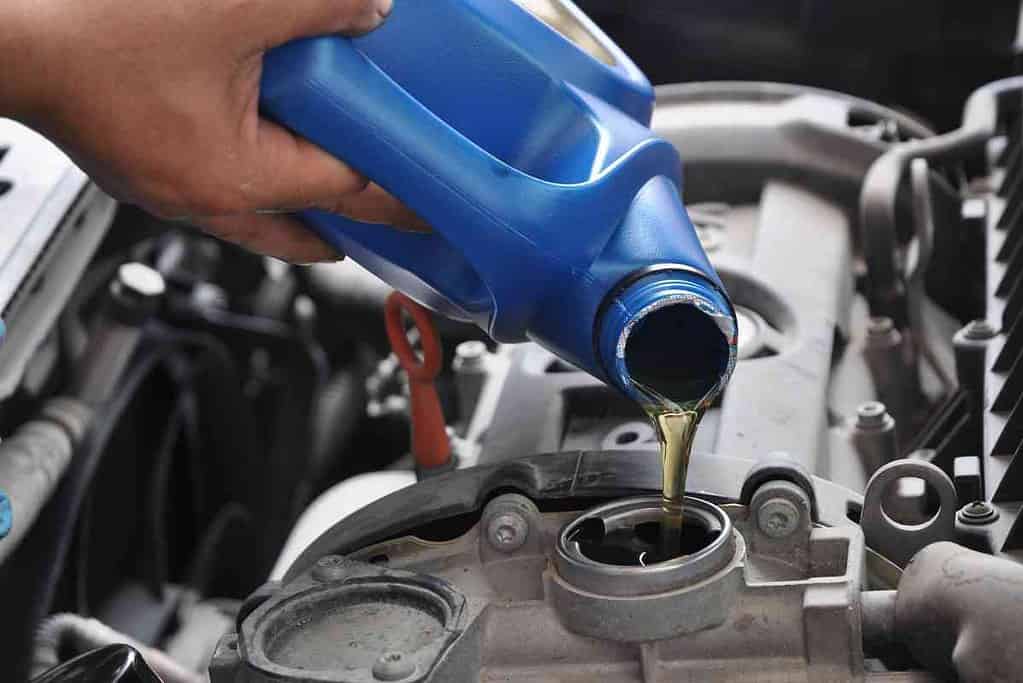Mileage Matters: Key Considerations When Buying a Used Car
If you’re in the market for a used car, one of the most important factors to consider is its mileage. Mileage is the number of miles a car has been driven, and it can have a significant impact on the car’s overall condition and value. When considering mileage, it’s important to understand how it affects a car’s performance, reliability, and resale value.

Should I Buy A High-Mileage Used Car?
It’s generally better to buy a used car with lower mileage because they are less wear and tear. However, consider other factors like the car’s age, maintenance history, and overall condition. Also, keep in mind that different types of cars will have different mileage expectations.
For example, a well-maintained Honda Civic might have a higher mileage than a luxury car like a BMW or Mercedes-Benz. Additionally, cars that are primarily used for highway driving will typically have higher mileage than those used for city driving.
Ultimately, it’s important to consider a car’s mileage in the context of its specific make and model, as well as its overall condition and maintenance history.
What is considered high mileage?
When it comes to buying a used car, one of the biggest concerns for buyers is the mileage. But what exactly is considered high mileage? The answer to this question can vary depending on a number of factors.
Generally speaking, a car with over 100,000 miles is considered to have high mileage. However, this is not a hard and fast rule.
The age of the car, the make and model, and the maintenance history can all play a role in determining whether a certain mileage is considered high.
For example, a well-maintained Toyota or Honda can easily last over 200,000 miles with no major issues. On the other hand, a luxury car or sports car may start experiencing significant problems at around 100,000 miles.
It’s important to keep in mind that high mileage doesn’t necessarily mean a car is a bad buy. If the car has been well-maintained and the owner can provide service records, it may still be a good choice. You may be able to find a great used car for under $10,000 that has a lot of miles but a lot of life left.
However, if the car has been poorly maintained or has a history of major repairs, it’s best to avoid it, no matter how low the price may be.
Why Mileage Matters When Buying a Used Car

When it comes to buying a used car, mileage is one of the most important factors to consider. The mileage of a car is a measure of how many miles it has been driven, and it can tell you a lot about the car’s overall condition and potential lifespan.
Generally, the higher the mileage, the more wear and tear a car has experienced. This can lead to a range of issues, including engine problems, transmission issues, and other mechanical failures. And while some used cars are covered by a warranty, you’re unlikely to find a high-mileage one with a warranty that’s worth anything.
As a result, it’s important to carefully consider the mileage of any used car you’re considering purchasing.
That being said, mileage isn’t the only factor you should consider when buying a used car. Other factors like the car’s age, maintenance history, and overall condition should also be taken into account.
You may end up paying higher rates when it comes time to get insurance on a used car with a lot of miles, too.
However, mileage is often a good indicator of how much life a car has left, and it can help you make an informed decision about whether or not a particular car is worth buying.
When looking at the mileage of a used car, it’s important to keep in mind that there is no hard and fast rule about what constitutes “high” or “low” mileage.
The average driver puts around 12,000 miles on their car each year, so a car with 50,000 miles that is five years old may be in better condition than a car with 30,000 miles that is ten years old.
In general, it’s a good idea to look for a used car with lower mileage, especially if you plan on keeping the car for a long time. However, if you find a car with higher mileage that has been well-maintained and is in good condition overall, it may still be a good choice.
How to Determine if a Car’s Mileage is Accurate

When buying a used car, it’s important to know if the mileage on the odometer is accurate. Here are a few ways to determine if a car’s mileage is accurate:
- Check the vehicle history report: A vehicle history report can provide information about the car’s mileage history, including any odometer rollbacks or discrepancies. You can obtain a vehicle history report from services like Carfax or AutoCheck.
- Inspect the car’s condition: The condition of the car can provide clues about its mileage. For example, a car with low mileage should have minimal wear and tear on the interior and exterior.
- Check the maintenance records: A car with low mileage should have maintenance records that reflect its mileage. If the maintenance records don’t match the mileage on the odometer, it could be a red flag.
It’s important to note that some cars may have had their odometers rolled back or tampered with. This type of used car scam is illegal and can be difficult to detect. However, by using the methods above, you can increase your chances of determining if a car’s mileage is accurate.
Factors to Consider When Buying a High-Mileage Car

Buying a high-mileage car can be a great way to save money, but it’s important to be aware of the potential risks. Here are a few factors to consider when shopping for a used car with high mileage:
- Vehicle History: When buying a used car, it’s important to check the vehicle history report to see if the car has been in any accidents or had any major repairs. This is especially important when buying a high-mileage car, as it may have experienced more wear and tear than a lower-mileage car.
- Maintenance Records: Ask the seller for maintenance records, including oil change and other routine maintenance. Regular maintenance is crucial for any car, but it’s especially important for high-mileage cars. If the seller cannot provide maintenance records, it may be a red flag.
- Condition: Inspect the car thoroughly for any signs of wear and tear, such as rust, dents, or scratches. Check the tires, brakes, and suspension to make sure they are in good condition. A thorough inspection can help you identify any potential issues before you buy the car.
- Price: High-mileage cars are generally less expensive than low-mileage cars, but it’s important to make sure you’re getting a fair price. Do some research to find out what similar cars are selling for in your area, and use that information to negotiate a fair price.
By considering these factors when shopping for a high-mileage car, you can make an informed decision and find the most reliable car models that meets your needs and budget.
Tips for Maintaining a High-Mileage Car

When buying a used car with high mileage, it’s important to understand that proper maintenance is crucial to keeping it running smoothly. Here are some tips for maintaining a high-mileage car:
- Regular Oil Changes: Oil changes are essential for keeping your engine lubricated and running smoothly. It’s recommended to change your oil every 3,000-5,000 miles, depending on the make and model of your car.
- Fluid Checks: Regularly check your car’s fluids, including transmission fluid, coolant, and brake fluid. Low or dirty fluids can cause serious damage to your car’s engine and other components.
- Tire Maintenance: Keep your tires properly inflated and rotate them every 5,000-7,000 miles to ensure even wear. This can extend the life of your tires and improve your car’s handling and fuel efficiency. If you don’t have the most fuel-efficient car, saving on gas money wherever you can really adds up.
- Brake Checks: Have your brakes checked regularly to ensure they are functioning properly. Worn or damaged brakes can be dangerous and cause costly damage to your car’s other components.
- Replace Worn Parts: Replace worn parts, such as belts and hoses, as soon as they show signs of wear and tear. This can prevent more serious damage to your car’s engine and other components.
By following these tips and staying on top of regular maintenance, you can help ensure that your high-mileage car continues to run smoothly for many more miles to come.
Summary
The article discusses the importance of considering mileage when buying a used car.
- Generally, a car with over 100,000 miles is considered high mileage, but this can vary depending on the age, make and model, and maintenance history of the car.
- Mileage is a good indicator of how much life a car has left, but it’s not the only factor to consider.
- Other factors like the car’s age, maintenance history, and overall condition should also be taken into account.
- The article also provides tips on how to determine if a car’s mileage is accurate and factors to consider when buying a high-mileage car.
